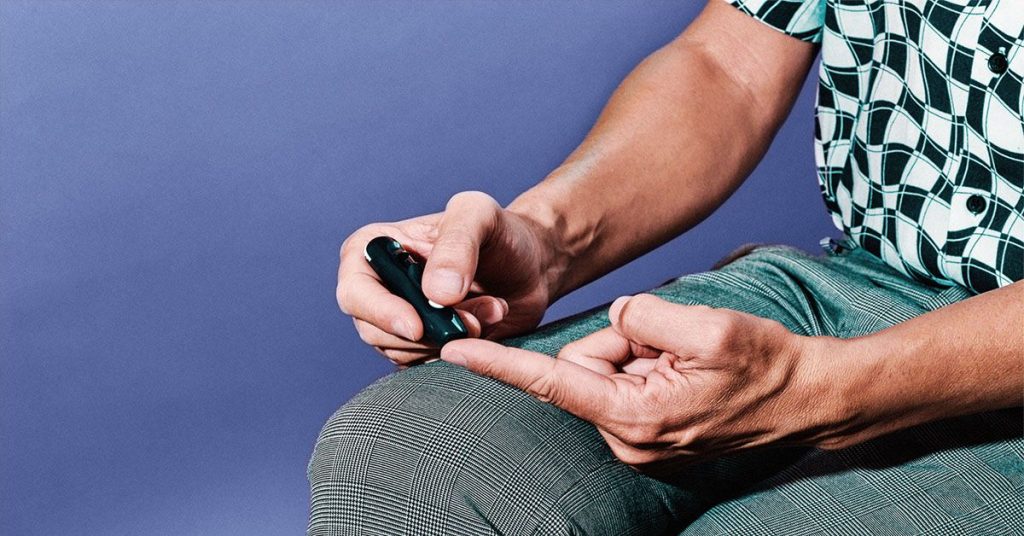In a recent study, researchers have developed a simple and cost-effective experimental test for diagnosing cancer using dried blood spots. This method, which utilizes artificial intelligence called machine learning, is faster and more economical than current whole blood tests and other diagnostic techniques. The dried blood spot test may also be more accurate than existing whole blood tests, making it particularly useful for individuals in low-income countries where access to healthcare is limited.
Medical researchers are utilizing AI to better understand and manage diseases, including the identification of innovative methods for diagnosing medical conditions. Considering that some cancers lack reliable blood markers and are difficult to diagnose, experts are exploring the use of AI to improve diagnostic accuracy. Current diagnostic tests often involve high costs for facilities, equipment, and transportation, making them inaccessible for many individuals in underserved regions. By 2030, it is estimated that 75% of cancer deaths will occur in low- and middle-income countries, highlighting the importance of cost-effective and easy-to-use diagnostic tools.
Unlike whole blood samples, dried blood spot tests are cheaper and simpler to take and transport, making them a potentially valuable tool for cancer diagnosis in resource-limited settings. However, existing diagnostic markers for cancer, such as microRNAs and proteins, are easily disrupted during the drying process, posing challenges for accurate diagnosis. The researchers in this study focused on cancer-related metabolic changes rather than traditional cancer markers, as most metabolites remain stable in dried blood spots. Their experimental test utilized nanoparticle-enhanced laser desorption/ionization mass spectrometry (NPELDI MS) and demonstrated a sensitivity of 82-100%, outperforming current whole blood tests.
The researchers also tested the stability of the dried blood spot samples under various environmental conditions and found them to be viable, whereas traditional whole blood tests require temperature-controlled storage. The dried blood spot test is more time and cost-efficient as it eliminates the need for complex sample pretreatment and requires less physical space for transportation. Additionally, the drying process inactivates harmful pathogens present in whole blood, making the blood spot test potentially safer for diagnosis.
If implemented on a population-wide scale, the blood spot test could significantly reduce the percentage of undiagnosed cancer cases in underserved populations, especially in rural areas with limited access to healthcare facilities. Despite these promising results, further validation and prospective studies are required before this technology can be widely adopted in clinical settings. The goal is to develop a cost-effective and accurate diagnostic tool that can help detect missed cancer cases early, ultimately improving patient outcomes and reducing the burden of cancer in low-income countries.













